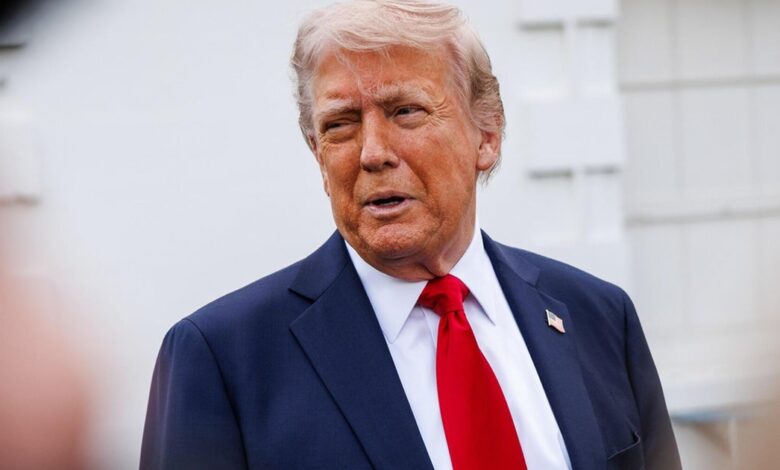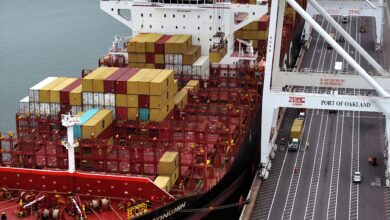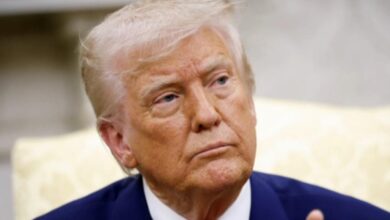Walmart, Target CEOs privately warned Trump tariffs could lead to empty shelves soon

The recent meeting between President Trump and the chief executives of Walmart, Target, and Home Depot shed light on the potential consequences of the administration’s tariff policies. The executives privately warned Trump about the potential disruption of supply chains, which could ultimately lead to empty shelves in stores across the country.
Both Walmart and Target, two retail giants, expressed concerns about the impact of the tariffs on their businesses. While they did not provide specific details about their warnings, it was clear that they were worried about the potential for higher prices and supply chain shortages. This sentiment was echoed by Home Depot’s CEO, who was also present at the meeting.
In their statements following the meeting, Walmart and Target emphasized the importance of finding a path forward on trade while remaining committed to delivering value for American consumers. This commitment to providing affordable products to consumers has been a cornerstone of both companies’ business strategies.
The looming threat of tariffs on Chinese goods, as well as tariffs on imports from Mexico, has raised alarm bells in the retail industry. Both Walmart and Target rely heavily on imported goods to stock their shelves, and any disruptions to the supply chain could have far-reaching consequences.
President Trump has defended his tariff strategy as a means of boosting U.S. manufacturing and addressing unfair trade practices. However, the retail executives’ warnings highlight the potential downsides of this approach, including higher prices, slower economic growth, and supply chain disruptions.
As the administration considers forming a working group to address any strains on the supply chain caused by the tariffs, the retail industry is bracing for potential challenges ahead. The uncertainty surrounding the future of trade relations with China and other countries has created a sense of unease among retailers and consumers alike.
Ultimately, the success of the administration’s tariff policies will depend on finding a delicate balance between protecting American industries and ensuring that consumers have access to affordable goods. The retail executives’ warnings serve as a reminder of the potential pitfalls of a protectionist trade policy and the importance of carefully considering the broader implications of such measures.





